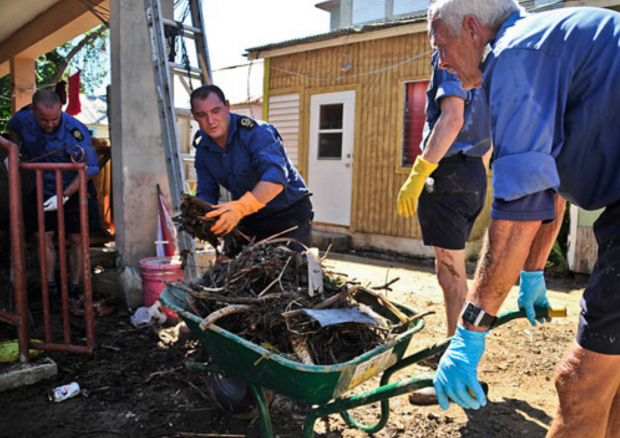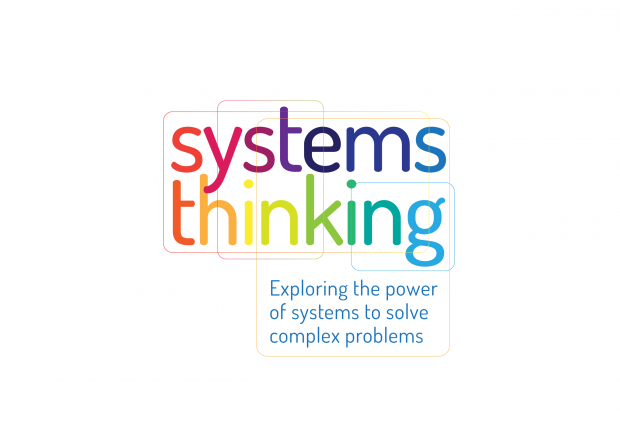Why systems thinking isn't a fad

I am often challenged that systems thinking is just another workplace fad. I thought I’d share my systems thinking journey, how it has benefitted me and my work and how it makes a lasting difference.

I am often challenged that systems thinking is just another workplace fad. I thought I’d share my systems thinking journey, how it has benefitted me and my work and how it makes a lasting difference.

It is the duty of decision-makers across the globe to keep people safe, protect their economies and safeguard society. This is even more important during a complex and challenging situation like a pandemic.

When it comes to designing systemic policy solutions to complex problems, I believe that collaboration, on its own, is not enough. So what is needed beyond collaboration? I thought I’d share my thoughts in a blog post and share three concepts that might help you engage with stakeholders on the topic.

In this blog post, we want to explain how systems thinking is an appropriate, strategic response to a crisis and share an approach with you.

'From what I’ve observed, policy solutions are often narrow in focus and are limited to a certain sector. A genuinely interdisciplinary approach means we can identify and carry out multiple targeted interventions across sectors. Consider the butterfly.'

I decided to hold a very light-touch seminar to one method of systems for some of my team, the Systems Unit and some colleagues from the Government Office for Science.

Systems leadership is not just for leaders. It’s about us all reimagining the way we think about government, refusing to let organisational boundaries hold us back from delivering results for citizens.

We want to help people across the public sector apply systems thinking to complex problems. So if you want to find out more about how this approach can improve people’s lives, subscribe to our blog.